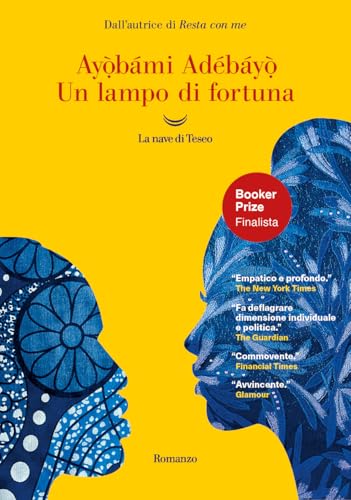What do you think?
Rate this book


Kindle Edition
First published February 7, 2023
She had always marvelled at his calm reassurance that everything good in his life would either remain the same or get better. He took good fortune for granted. As though it were impossible that it would abide only for a spell. She had never been able to shake the sense that life was war, a series of battles with the occasional spell of good things.
God forbid she ever say it out loud, but Kúnlé was a much better catch than she expected for Wúràọlá. The longer Wúràọlá had remained single, flitting from one unserious boyfriend to another, the more Yèyé had worried that, when she did decide to commit to one of them, closer to thirty than twenty, she would be left with a pool of expiring men who were unmarried because no one wanted them. On her worst days, she had imagined Wúràọlá ending up with some barely educated drunkard whose parents lived in a house with no indoor plumbing. And how would that have improved on her daughter’s fortunes in this life?
Ẹniọlá pressed his forehead against the window. So what if he was carrying a machete? Holy Michael had not asked him to hurt anyone with it, he was just going to scare people a little. If he could help his mother and sister, could whatever made it possible be as wrong as his father claimed?
Muffled rage stalks like the wind, sudden and invisible. People don't fear the wind until it fells a tree. Then, they say it's too much.
- Everything Good Will Come by Sefi Atta